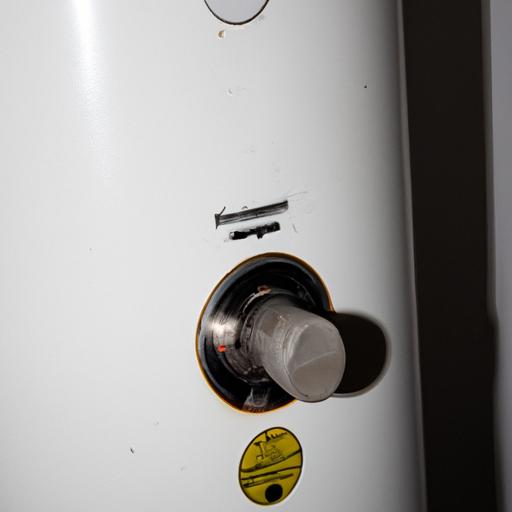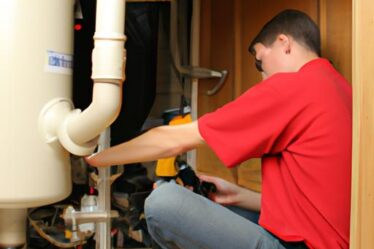
Introduction
Gas water heaters are a vital component of any home, providing us with the luxury of hot water for showers, dishes, and laundry. However, what happens when your trusty gas water heater suddenly stops doing its job, leaving you shivering in a cold shower? One of the most common issues homeowners face with gas water heaters is when they fail to heat water efficiently. This can be a frustrating and inconvenient problem that requires immediate attention to restore comfort to your daily routine.
When your gas water heater is not heating water, there are several potential culprits that could be causing the issue. From a lack of gas supply to sediment buildup in the tank, understanding the reasons behind this malfunction is crucial in addressing the problem effectively. In this article, we will explore the common reasons why your gas water heater may not be heating water and provide you with practical troubleshooting steps to help you get your hot water flowing again. Stay tuned to learn how to tackle this issue head-on and regain the warmth and comfort you deserve.
Reasons for Gas Water Heater Not Heating Water
Lack of Gas Supply
One of the most common reasons why your gas water heater may not be heating water is due to a lack of gas supply. Without a steady flow of gas, your water heater cannot generate the heat needed to warm the water effectively. Check to ensure that the gas valve is fully open and that there are no interruptions in the gas line that could be causing the issue.
Pilot Light Issues
A malfunctioning pilot light can also be a culprit behind your gas water heater not heating water. The pilot light is responsible for igniting the gas burner to heat the water in the tank. If the pilot light is out or flickering, it could indicate a problem with the thermocouple or gas supply. Relighting the pilot light following the manufacturer’s instructions can often resolve this issue.
Thermostat Malfunction
If your gas water heater is not reaching the desired temperature or is producing lukewarm water, a malfunctioning thermostat could be to blame. The thermostat regulates the temperature of the water in the tank, and if it is not functioning correctly, it may not signal the burner to heat the water adequately. Adjusting the thermostat settings or replacing a faulty thermostat can help restore your water heater’s performance.
Sediment Buildup in the Tank
Over time, sediment and mineral deposits can accumulate at the bottom of the water heater tank, hindering its efficiency and causing it to work harder to heat the water. This buildup can insulate the water from the heating element, leading to reduced heating capacity. Flushing the tank to remove sediment buildup is a crucial maintenance step that can improve your gas water heater’s performance and extend its lifespan.
Conclusion
When your gas water heater fails to heat water, it can disrupt your daily routine and leave you feeling the chill. By understanding the common reasons behind this issue, such as a lack of gas supply, pilot light problems, thermostat malfunctions, and sediment buildup in the tank, you can take proactive steps to address the problem promptly.
Remember, it’s essential to prioritize the maintenance and care of your gas water heater to prevent future issues from arising. Regular maintenance, flushing the tank, and inspecting the pilot light and thermostat are simple yet effective ways to keep your gas water heater running smoothly and efficiently.
In conclusion, addressing the issue of a gas water heater not heating water requires a combination of DIY troubleshooting and, in some cases, professional assistance. By following the tips outlined in this article, you can ensure that your gas water heater continues to provide you with the comfort and convenience of hot water whenever you need it. Stay warm, stay proactive, and enjoy the benefits of a fully functional gas water heater in your home.
